12 Parenting Lessons, With Marina Fogle
Take Your Time Getting Started
I met Ben in Hyde Park walking my dog. All I can say is I clocked this good-looking guy but I didn't recognise him from TV or anything! We kept walking our dogs in the park for about a year until I was introduced to him properly at a drinks party. The rest is history – although I’d say our relationship developed slowly over time. He’s the most wonderful man – very generous and a lovely husband and wonderful father. Ben always wanted a big family, as did I, but I was only 26 when we got married, so we weren’t in a rush. My first pregnancy ended in a missed miscarriage in 2008 but luckily, I fell pregnant with Ludo soon after. Our daughter Iona arrived quickly, too, so I had two under two for about six months. It was worth it, though, because they’re so close now.
Find Your Tribe
My two pregnancies weren’t that different – even though I was much more on my feet when I already had a toddler. I didn't love being pregnant – I felt sick, tired, fat and bloated and I was also the first of my friends to have a baby, so there was a lot of focus on the things I couldn't do – like drinking or playing certain sports. I only started to enjoy it when I joined an antenatal class. That’s when it felt real – plus, I was in an environment with a group of women who were also expecting babies and experiencing the same kind of limitations mixed with this incredible excitement. It was a real turning point and fed into my eventual decision to launch The Bump Class.
Prepare For Any Eventuality
By doing a comprehensive antenatal class, I felt prepared. But even I was too focused on the idea that whatever labour you want is the one you'll get. So, I spent a lot of time imagining the moment – I envisaged cool music playing and pictures of me looking tired in quite a sexy way! In the end, I had an emergency C-section and the picture I have of me meeting Ludo for the first time could not be more different to the one that I hoped for! At the time, people said it was a ‘shame’ I’d had a caesarean and that made me so angry. It was belittling the magnitude of what I’d just done and how important that moment was. It doesn't matter how your baby's born and you certainly shouldn't have any guilt. Luckily, I'm quite a strong-minded person – if anything, I only felt sorry for the people who seemed to think that one labour is better than another. The only thing I wish I’d done differently was get my highlights done – my hair looked so crap!
Expect To Go Through An Adjustment Period
Those early days with a newborn are blissful. You feel like you've won the lottery by giving birth to the most beautiful baby and everyone's sending you cards and congratulations – but it is full on. There’s definitely an adjustment period, because having a newborn is relentless. With Ludo, he ended up spending a bit of time in the NICU because he had a punctured lung when he was born. He arrived in December and Ben went to film in Ethiopia in January. At that point I thought, wow, this is my life now. I was used to being in a job where I was respected, thanked and remunerated, and suddenly I was doing a job that was 24/7 without weekends or paid holidays, and no one thanked me. It was a real shock. Luckily, my sister (Dr Chiara Hunt) brought round a Gina Ford book on getting babies to sleep better, and that was brilliant. You should take these sorts of books with a pinch of salt, but this one helped me hugely.
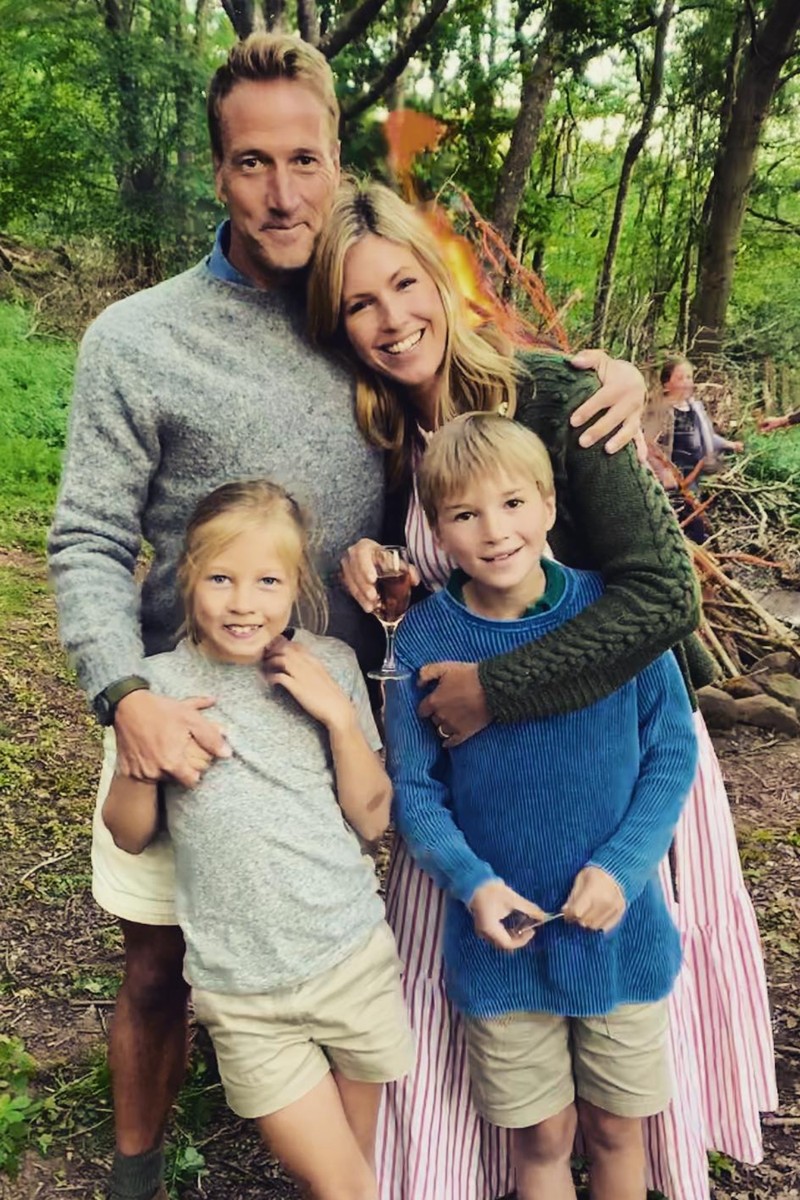
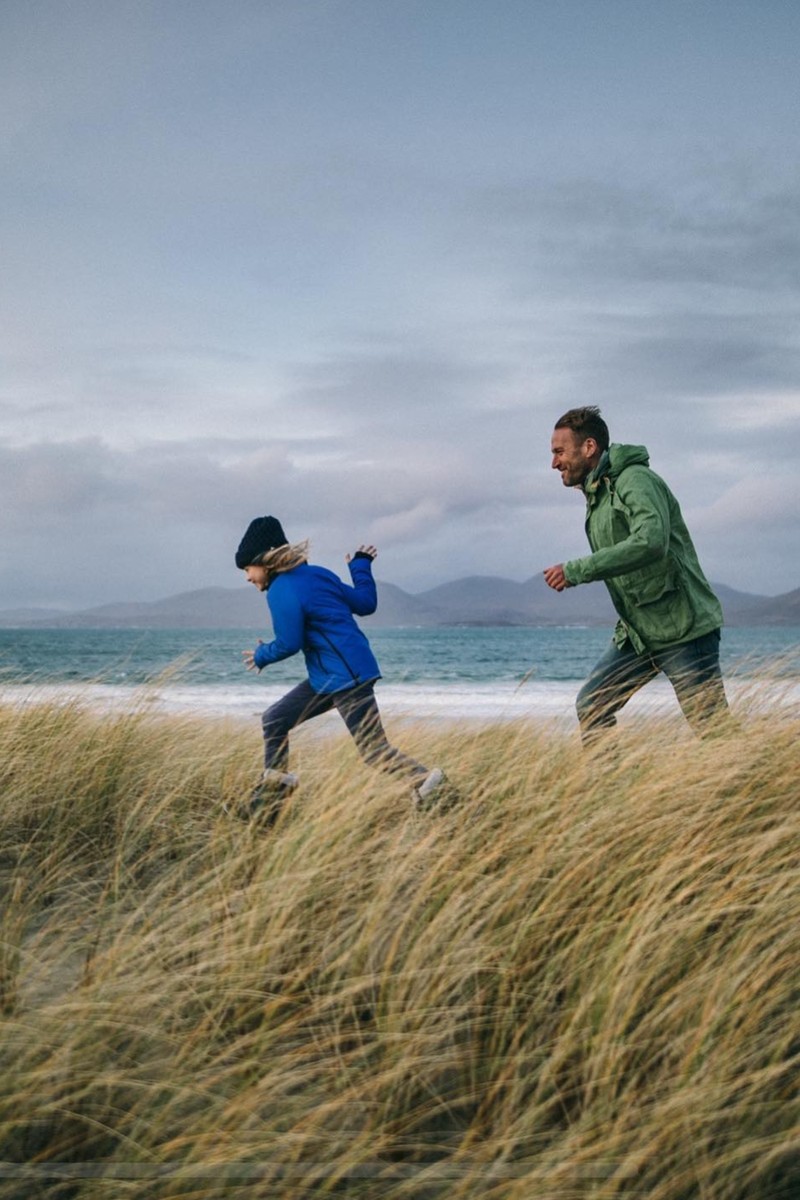
Don’t Neglect Your Own Time & Relationship
One thing Gina Ford’s book taught us was to be strict about bedtime. Ben and I always put the children to bed at 7pm and after that, we knew it was our time. It was important that the time we spent with the children was about quality rather than quantity. I gave them my all between 7am and 7pm but that was it. It was good for our marriage and our mental health and, to be honest, for the children, too because they've always slept really well, which is crucial for maintaining good physical and emotional health. I do believe there's an element of that which can be taught.
Accept That Hard Times Are A Part Of Life
My third pregnancy with our son Willem was very straightforward up until I went on holiday to Austria with my family. I woke up one morning feeling crampy and I thought it was because I'd eaten lots of plums during the day, but it didn't go away. My sister and father are both doctors – but Chiara felt my tummy and said she thought everything was fine. Then, all of a sudden, I just felt terrible. My blood pressure dropped, and they decided to get me to hospital. When I was in the ambulance, I started bleeding quite substantially. At the hospital, they couldn't find the baby’s heartbeat and wanted to do a C-section. I know they tried so hard, but they couldn't resuscitate him, and then, I haemorrhaged. Suddenly, they had to save my life as well. Ben was in Canada, so my mother and sister had to call and tell him Willem had died and that the doctors were fighting to save me. When Ben boarded his flight, he didn’t know what had happened to me, but luckily, I was okay. Ben was relieved that I had survived, but I was so sad that Willem had died. For about a week afterwards, I was in intensive care.
Know That You’re Stronger Than You Realise
I didn't cry about what had happened to Willem for nearly three days – there were just no tears. I was totally numb, and I'd lost a huge amount of blood, but eventually the grief set in. I remember waking up one morning, eating my breakfast and sobbing into my cereal. Because I was in Austria, it made me really appreciate the NHS and all the training that’s done around stillbirth. It’s a small thing but a lot of the staff at the Austrian hospital didn’t know what had happened, so it was up to me to tell each of them Willem hadn’t survived. In the UK, the support is much more immediate; it's not perfect, but Austria felt ten years behind. In those moments, you want people to give you the information you need. For instance, I didn't know whether I wanted Willem buried or cremated, or whether I wanted a birth certificate. Luckily Chiara was there. If she hadn’t been, I’m sure I would’ve made all the wrong decisions. She thought it was important I held him, which was quite intimidating but in retrospect, I’m so glad I did.
Don’t Hide Your Real Emotions
Chiara was also brilliant about explaining what had happened to Ludo and Iona, even though they were still very young. Ludo, who was four, kept complaining about a stomach ache until one day I realised that what he was describing was grief. Julia Samuel, the renowned grief counsellor, gave me wonderful advice about talking to the children – she said it had to come from me as opposed to a professional and that I shouldn’t be afraid to show my emotions. That way, they’ll learn it’s okay to cry, she said. One of the most important parts of adjusting to sadness is learning to live with it. It turned out Ludo was most worried about something happening to me, so I had to reassure him. I could see that just talking about it lifted a weight off his shoulders. All these years later, Willem has played such a role in all our lives. He’s shaped us as a family and me as a mother. He taught me not to be afraid to cry in front of my children, and that you can survive most things with the right support.
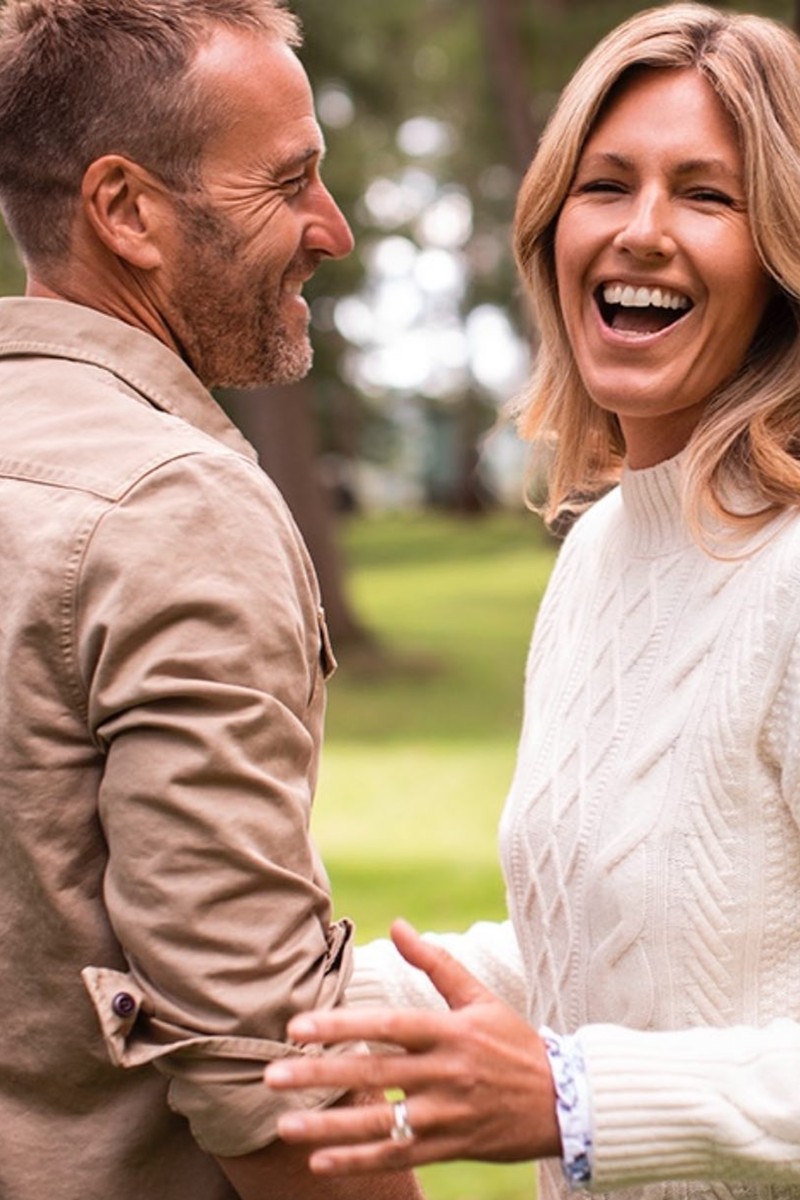
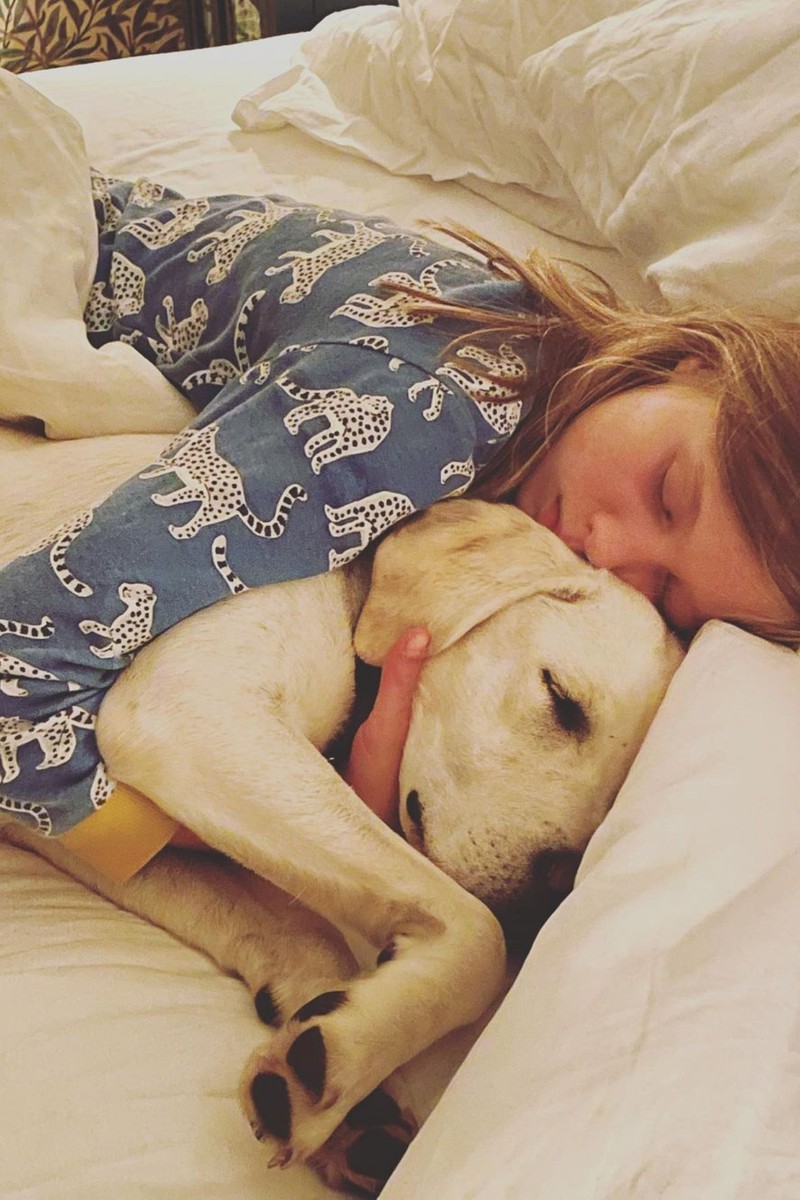
Pay It Forward
I’d actually started The Bump Class after Iona was born. Seeing as I was one of the first to have a baby, lots of my friends would talk to me about what to get, what to do etc. At the same time, Chiara was a GP and she talked to many women who experienced traumatic births that didn't need to be. They were just poorly prepared and had been led to believe that they had absolute control over the way their baby was born. We both knew it was so unnecessary – being a parent is hard enough without dealing with this kind of guilt around medical intervention. We believed we could offer something that was honest, evidence-based, non-judgmental and fun – the biology lesson we all needed. People often say they’re sad when their Bump Class antenatal courses come to an end. For me it's such a pleasure meeting these women, but I also enjoy knowing how helpful it’s going to be and how empowering it will be for them.
Talk To Children Openly
If you can teach children how to communicate well, then they will do well in life. That’s definitely something I’ve learned as my own children have grown older. Now that they’re mature enough, we spend a lot of time talking – some days they're chattier than others – and we don't shy away from difficult conversations. We talk about everything – sex, drugs, relationships, death. If you look for them, there are so many teachable moments. I’ve never believed in telling children fantastical stories about any of these topics – all it says is they can't trust you to tell them the truth. Is sex shameful? No, it's not – it's, it's a part of life and it's an important conversation to have. All I need them to know is that I’m not going to judge them, and that Ben and I will always love them unconditionally.
Try To Present A United Front
Ben and I aren’t always on the same page. Ben is away a lot, so when he comes back, it’s like Mr. Fun has arrived, and I'm the one who says brush your teeth and eat your vegetables. He's more like, let's have pizza and yes, the dogs can sleep on your bed. Sometimes I tell him we need to be on the same page, but we do sometimes differ on what we feel is best. I'm possibly a bit tougher on the children – I come from the school of thought that a bit of authority is important and that they look to us to know how behave. Ben will tell me to soften up and I'll say, no, we need to be consistent. I'm also quite a big believer in getting them to be independent and making their own mistakes so they can learn. I don’t want them to come out of school at 18 and be totally useless!
Look After Yourself
The idea of being the perfect mother is so toxic and impossible. I was quite hard on myself before I had children – the voice in which I would talk to myself was, and still is sometimes, atrocious. But someone said to me once that the way you talk to your children is the way they learn to talk to themselves. So, I realised I should be a bit kinder to myself. Self-care is incredibly important, as is looking after your mental health. Remember, you are modelling how to be and live the whole time to your children, so compassion shouldn't be regarded as an indulgence. Being an imperfect mother is probably the best kind of mother you can be – you are showing your children that in life, people mess up; they’re not always going to be perfect and that's an okay. You can also show them how to make amends if they’re the one in the wrong. One of the most important lessons I’ve ever taught my children is the power of an apology. If they know how to make a situation right, then they won’t be afraid to make mistakes and take accountability for them. I’m sure that’s what will turn them into confident, happy adults.
For more information visit TheBumpClass.com & listen to Marina’s podcast The Parent Hood here.
DISCLAIMER: We endeavour to always credit the correct original source of every image we use. If you think a credit may be incorrect, please contact us at info@sheerluxe.com.
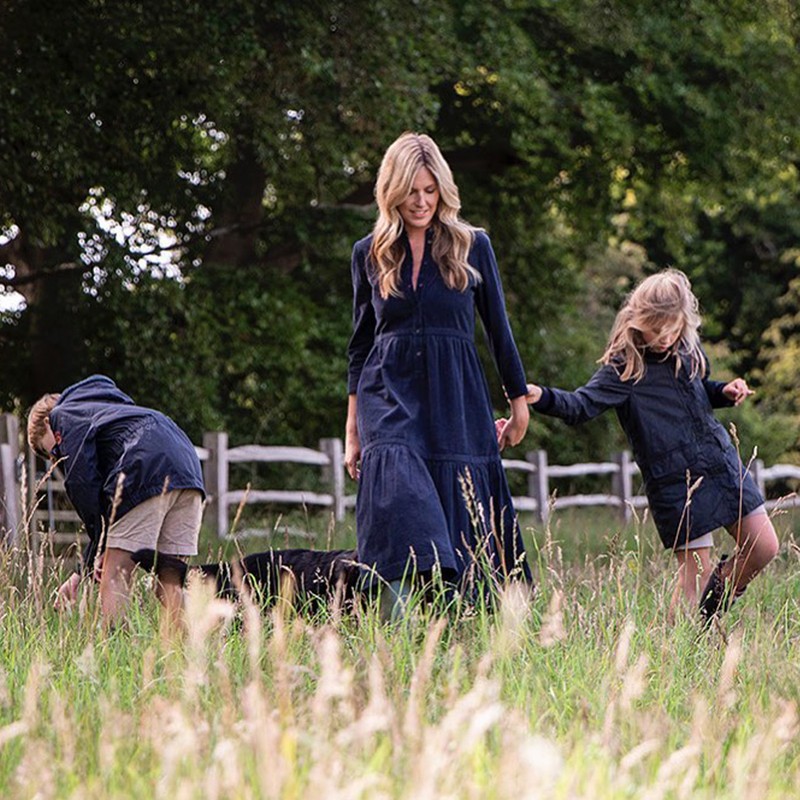
/https%3A%2F%2Fsheerluxe.com%2Fsites%2Fsheerluxe%2Ffiles%2Fwebsite-images%2F2025%2F04%2Fnew-parenting-background-image.jpg?itok=au3AjSlw)